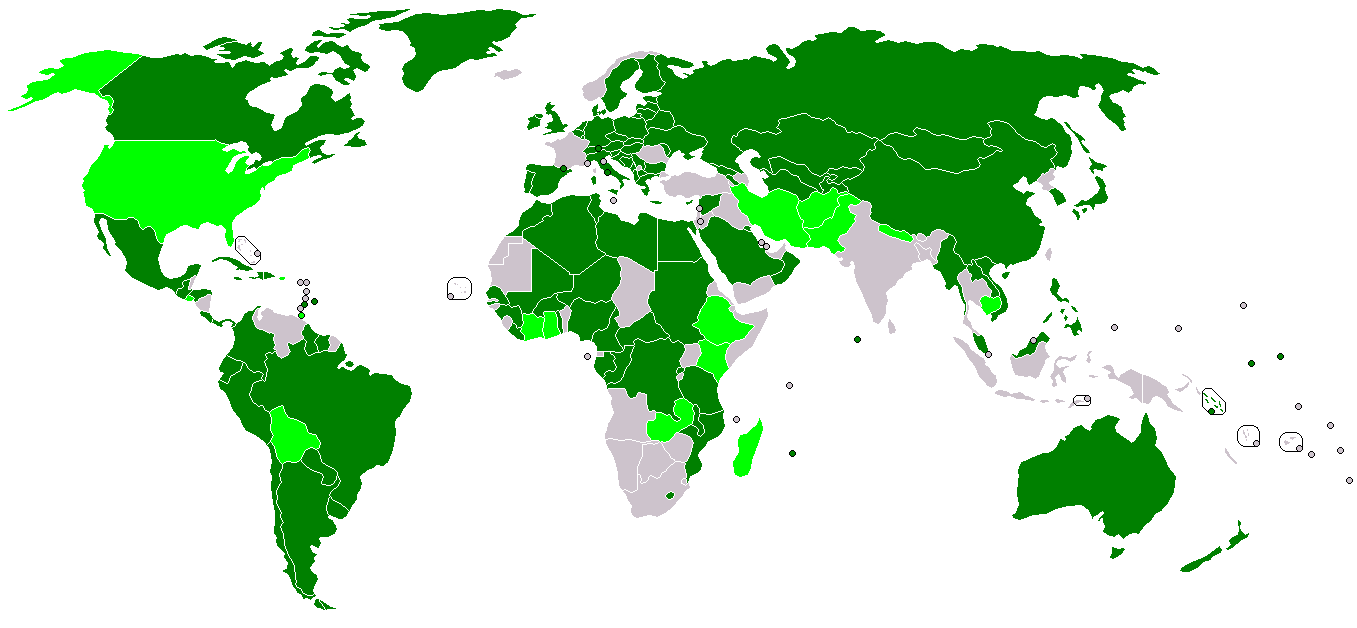The present Constitution of Bolivia, which came into effect on the 7th of February 2009, has this to say about coca (an English translation follows the original Spanish):
Artículo 384. El Estado protege a la coca originaria y ancestral como patrimonio cultural, recurso natural renovable de la biodiversidad de Bolivia, y como factor de cohesión social; en su estado natural no es estupefaciente. La revalorización, producción, comercialización e industrialización se regirá mediante la ley.1
Article 384. The State shall protect native and ancestral coca as a cultural patrimony, a renewable natural resource of the biodiversity of Bolivia, and a factor of social cohesion; in its natural state it is not a narcotic. Its revaluation, production, commercialization and industrialization shall be regulated by law.
Between the 23rd of September 1976 and the 1st of January 2012 (when it was officially denounced by the Bolivian government), Bolivia was a signatory to the United Nations Single Convention on Narcotic Drugs, which states:
Article 26, paragraph 2. The Parties shall so far as possible enforce the uprooting of all coca bushes which grow wild. They shall destroy the coca bushes if illegally cultivated.2
and
Article 49, paragraph 2(e). Coca leaf chewing must be abolished within twenty-five years from the coming into force of this Convention as provided in paragraph 1 of Article 41.
On their face, these constitutional and treaty obligations, which were simultaneously in force through most of 2009-2011, would appear to have been in direct conflict. This apparent conflict was eventually resolved (after repeated attempts to amend the Convention by Bolivian governments throughout the time Bolivia was a signatory) by Bolivia's denunciation of the Convention, as noted above.
I understand that some international treaties, however, are considered irrevocable - for instance, I've read that there is no legal mechanism by which a member state can leave the European Union - and conversely, constitutional amendments often require ratification by referendum, which obviously is not guaranteed to succeed.
In such a case, how is the conflict resolved? I'm interested here in both the theoretical (which obligation is considered to have precedence) and the practical (what is likely to actually happen).
On a side note, I'd also be interested to hear about other states which confer (or have conferred) protected or otherwise special status on particular substances, plants or animals.
UPDATE: Bolivia has now reacceded to the Convention, with the reservation that it "reserves the right to allow in its territory: traditional coca leaf chewing; the consumption and use of the coca leaf in its natural state for cultural and medicinal purposes; its use in infusions; and also the cultivation, trade and possession of the coca leaf to the extent necessary for these licit purposes."3
References:
Note: the linked PDF for reference #2 is a very poor scan of a paper document. If anyone can find a better link, feel free to edit; the referenced text is on pages 246 and 272 of the currently linked PDF.
